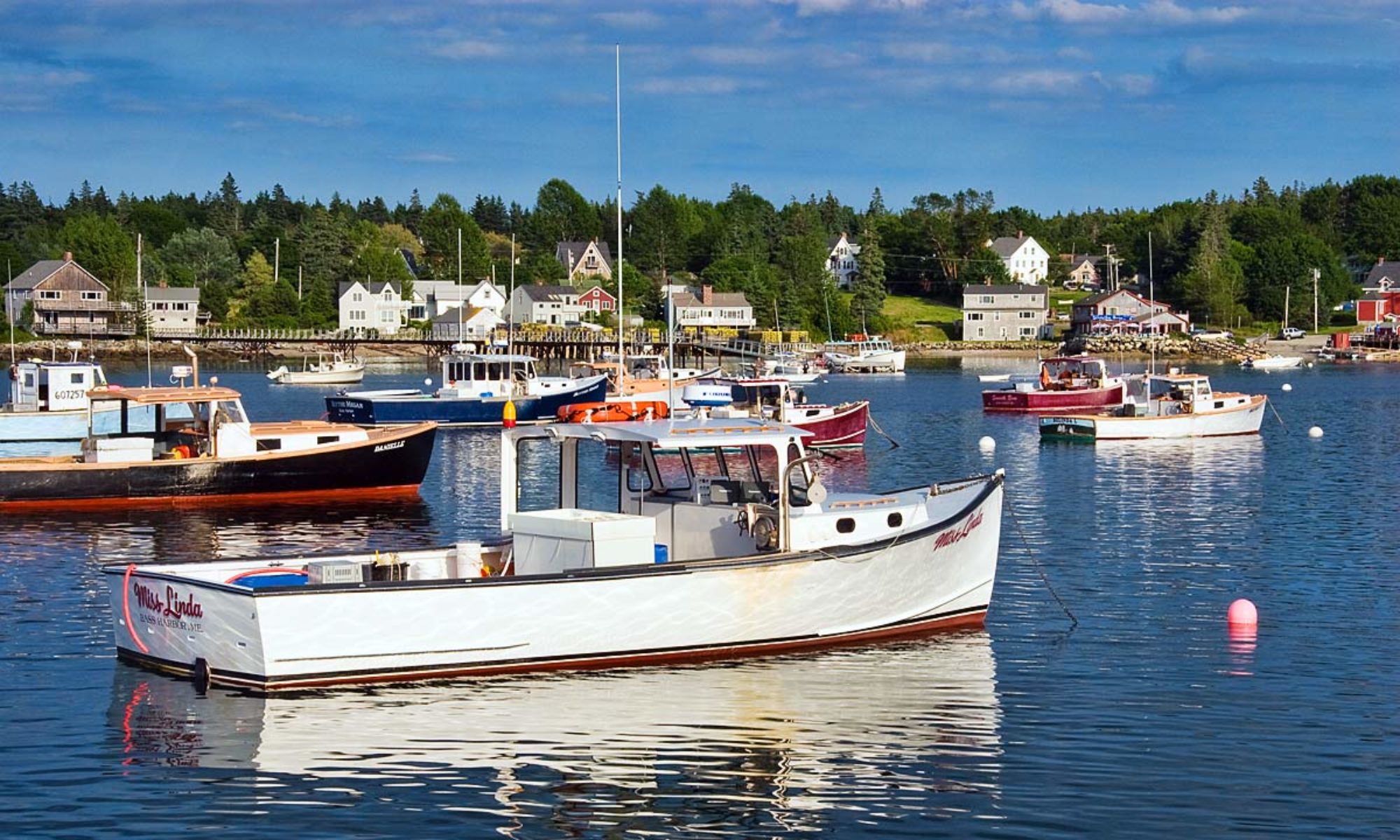The lead story in NYTimes.com:
Border at ‘Breaking Point’ as Over 76,000 Migrants Cross in a Month
For the fourth time in five months, the number of migrant families crossing the southwest border has broken records, the authorities said.
They warned that government facilities were full and that agents were overwhelmed…
Let’s do some math: 76,000/month, x 12 months/year = 912,000 per year. No problemo!

